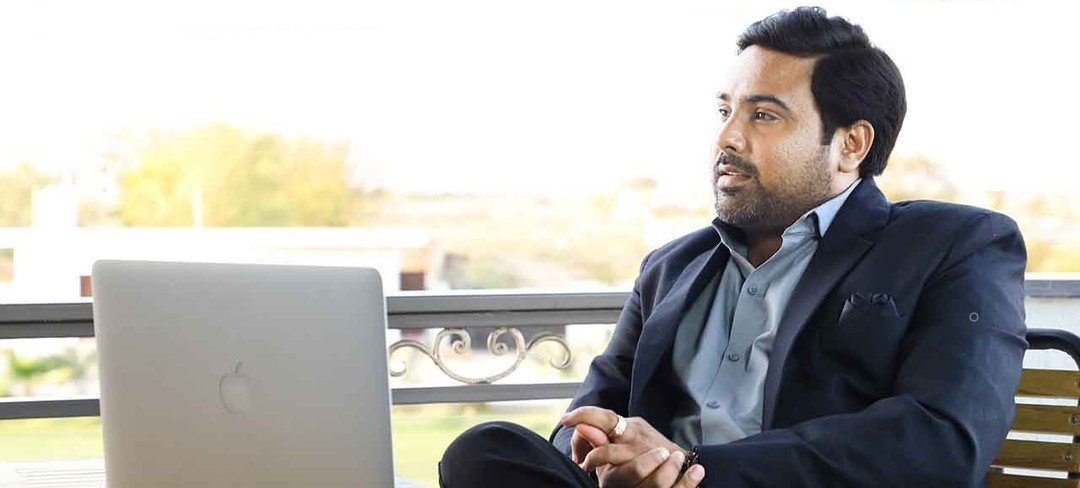CURRENCY
BUSINESS OPPORTUNITIES IN GUINEA-BISSAU
GUINEA-BISSAU
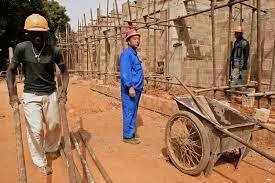
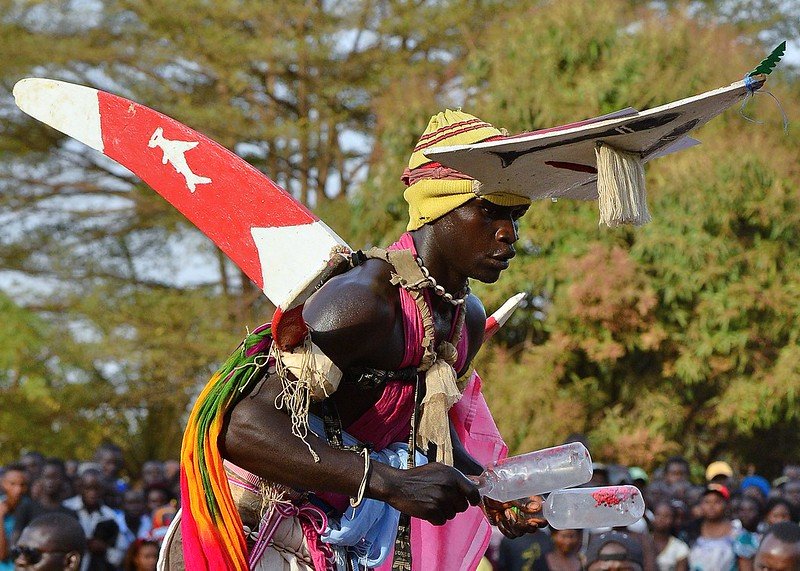
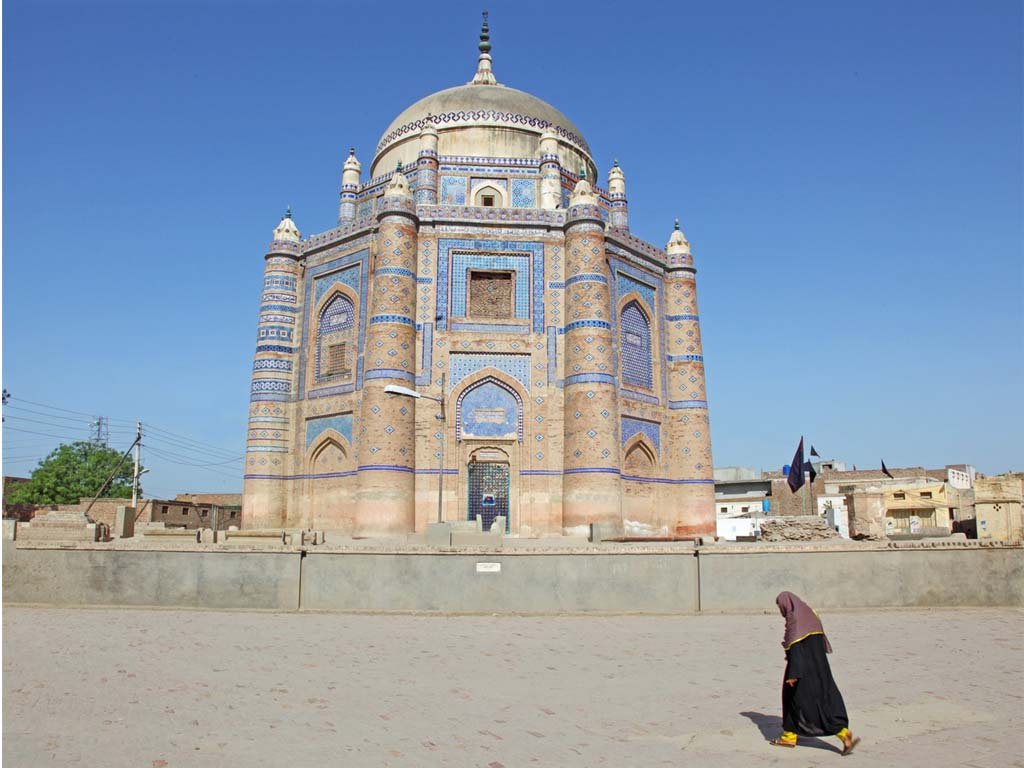
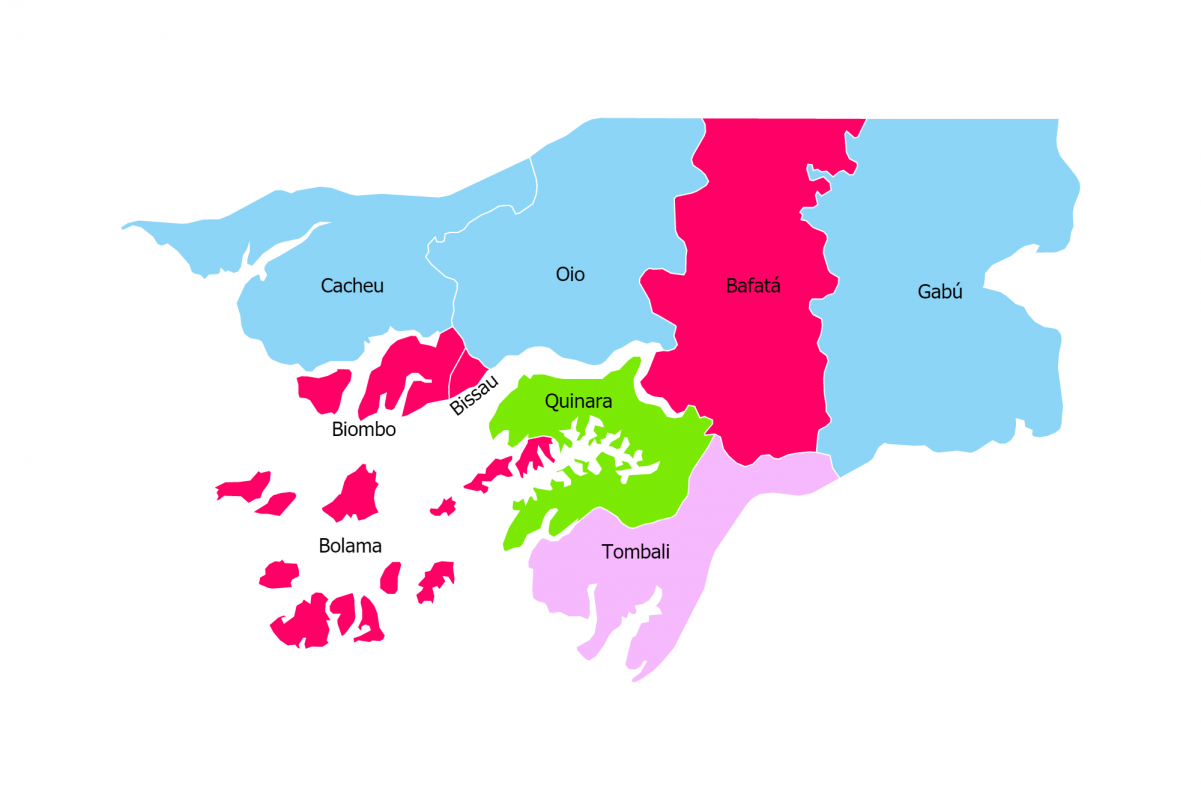
FLAG
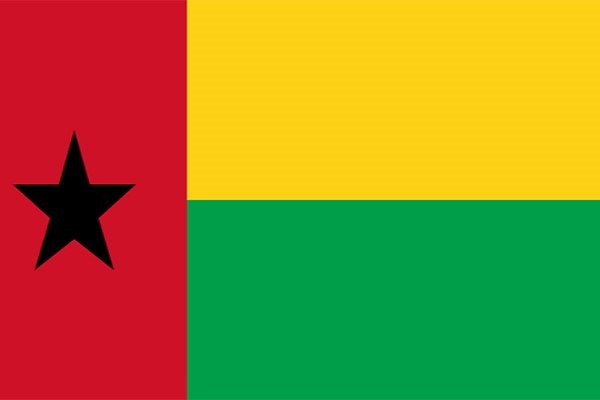
GUINEA-BISSAU
CAPITAL CITY
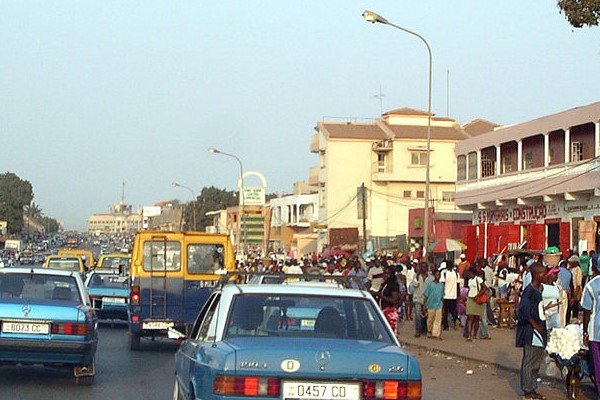
BISSAU
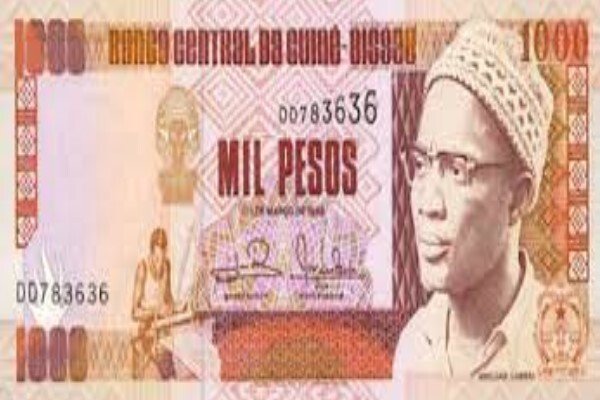
WEST AFRICAN CFA FRANC
Language

Population

20.16 LAKHS
Country
Calling Code

+245
LOCATION:
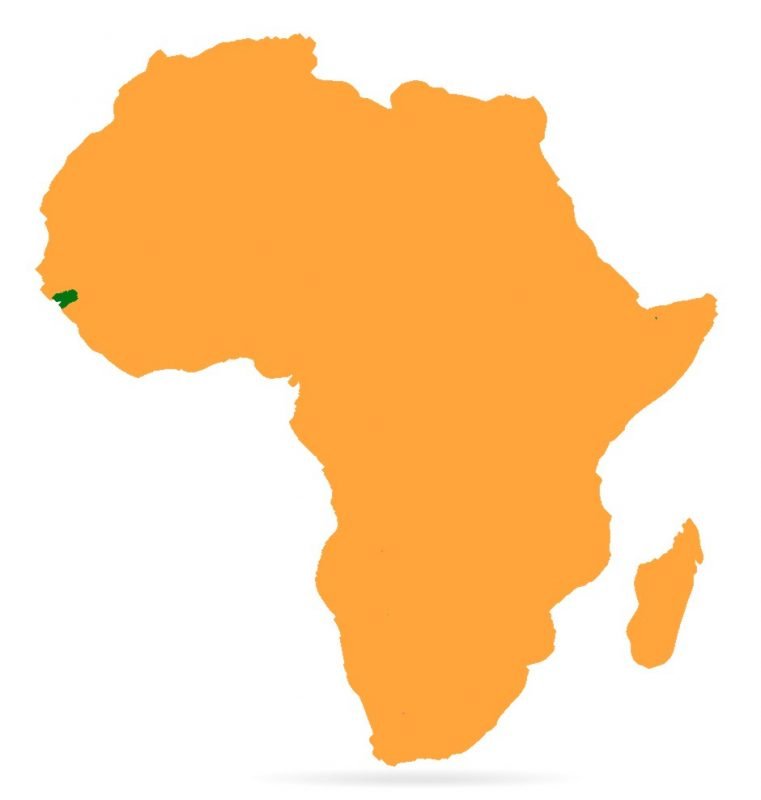
WEST Africa
BORDER COUNTRIES:
SENEGAL
GUINEA
ATLANTIC OCEAN
ABOUT GUINEA-BISSAU
Guinea-Bissau is a West African nation bordered by Senegal to the north, Guinea to the south and east, and the Atlantic Ocean to the west. Its capital and largest city is Bissau. With a population of approximately 2 million, Guinea-Bissau is rich in natural resources and has a predominantly agrarian economy.
The country is a member of the Economic Community of West African States (ECOWAS) and the West African Economic and Monetary Union (WAEMU), using the West African CFA franc (XOF) as its currency. The official language is Portuguese.
INFRASTRUCTURE & CONNECTIVITY
Airports
- Osvaldo Vieira International Airport (OXB): Located in Bissau, it is the main international gateway, offering flights to regional destinations.
Ports
- Port of Bissau: The primary seaport handling most of the country’s import and export activities. Modernization efforts are underway to boost trade volume and improve service efficiency.
Road & Rail
- Road Network: The transportation infrastructure is basic, with most roads outside the capital being unpaved.
- Rail: Guinea-Bissau currently has no operational railway system. However, there are plans for a European Union-sponsored deep-water port in Buba, which would specialize in minerals and be linked to Guinea by rail.
TAXATION & BUSINESS ENVIRONMENT
- Corporate Tax Rate: The standard corporate tax rate is 25%.
- Value Added Tax (VAT): A standard rate of 15% applies to most goods and services.
Guinea-Bissau’s Investment Code offers various incentives, including tax exemptions and reductions, particularly for investments in priority sectors such as agriculture, fisheries, tourism, mining, energy, and infrastructure.
BUSINESS STRUCTURES & FOREIGN OWNERSHIP
Foreign investors can own up to 100% of companies in most sectors. Common business structures include:
- Société à Responsabilité Limitée (SARL): Limited Liability Company
- Société Anonyme (SA): Public Limited Company
- Branch Offices: For foreign companies establishing a presence in Guinea-Bissau
KEY SECTORS FOR INVESTMENT
Agriculture
Agriculture is the backbone of Guinea-Bissau’s economy, employing over 80% of the population. Cashew nuts are the primary export, accounting for a significant portion of foreign exchange earnings. Opportunities exist in rice farming, livestock rearing, and agro-processing.
Fisheries
With abundant marine resources, the fishing industry holds substantial potential. Investments in fish processing and export-oriented fishing ventures are encouraged.
Mining
Guinea-Bissau has untapped mineral resources, including bauxite, phosphates, and gold. The government is seeking investments to develop the mining sector responsibly.
Energy
The country has significant renewable energy potential, particularly in solar and hydroelectric power. Investments in energy infrastructure are needed to improve electricity access.
Tourism
Guinea-Bissau offers diverse landscapes, cultural heritage, and wildlife, presenting opportunities for eco-tourism and cultural tourism development.
ADVANTAGES OF DOING BUSINESS IN GUINEA-BISSAU
- Natural Resources: Abundant agricultural and mineral resources
- Strategic Location: Access to West African markets and Atlantic trade routes
- Investment Incentives: Tax breaks and exemptions for priority sectors
- Young Workforce: A growing, youthful population eager for employment opportunities
- Reform-Oriented Government: Efforts to improve the business climate and attract foreign investment
OPPORTUNITIES FOR INDIAN INVESTORS
India and Guinea-Bissau have strong bilateral relations, with Indian businesses active in various sectors. Opportunities include:
- Cashew Processing: Establishing processing units to add value to raw cashew exports
- Pharmaceuticals: Setting up manufacturing units or distribution networks
- Agricultural Development: Investing in commercial farming and agro-processing
- Renewable Energy: Developing solar and hydroelectric projects
- Education and Training: Setting up vocational training centers and educational institutions
TRADE OVERVIEW
Major Exports
- Cashew Nuts: Guinea-Bissau is a significant exporter, with India being the largest importer.
- Fish and Seafood: Including shrimp and other marine products.
Major Imports
- Fuels: Petroleum products for energy needs.
- Machinery and Equipment: For industrial and agricultural operations.
- Foodstuffs: Including rice, wheat, and dairy products.
Key trading partners include India, China, Portugal, Senegal, and the Netherlands.
MANUFACTURING & INDUSTRIAL POTENTIAL
Guinea-Bissau’s manufacturing sector is underdeveloped, presenting opportunities in:
- Agro-Processing: Adding value to agricultural products.
- Construction Materials: Producing cement, bricks, and steel products.
- Consumer Goods: Manufacturing textiles, household items, and packaged foods.
ECONOMIC INDICATORS
- GDP: $2.2 billion
- GDP Growth Rate: 4.3%, driven by agriculture and investment
- Inflation Rate: 7.2%, influenced by higher food and rice prices
- GDP per Capita (PPP): $4,425.40
For comprehensive support in entering the Guinean market—including due diligence, company registration, market strategy, and office space—Opesh Group is your trusted partner to ensure a smooth business setup.
Contact us: Call/WhatsApp +91-8094607111
MOST RECENT VIDEOS
SIGN UP TODAY
Get our exclusive content and offers in your inbox

